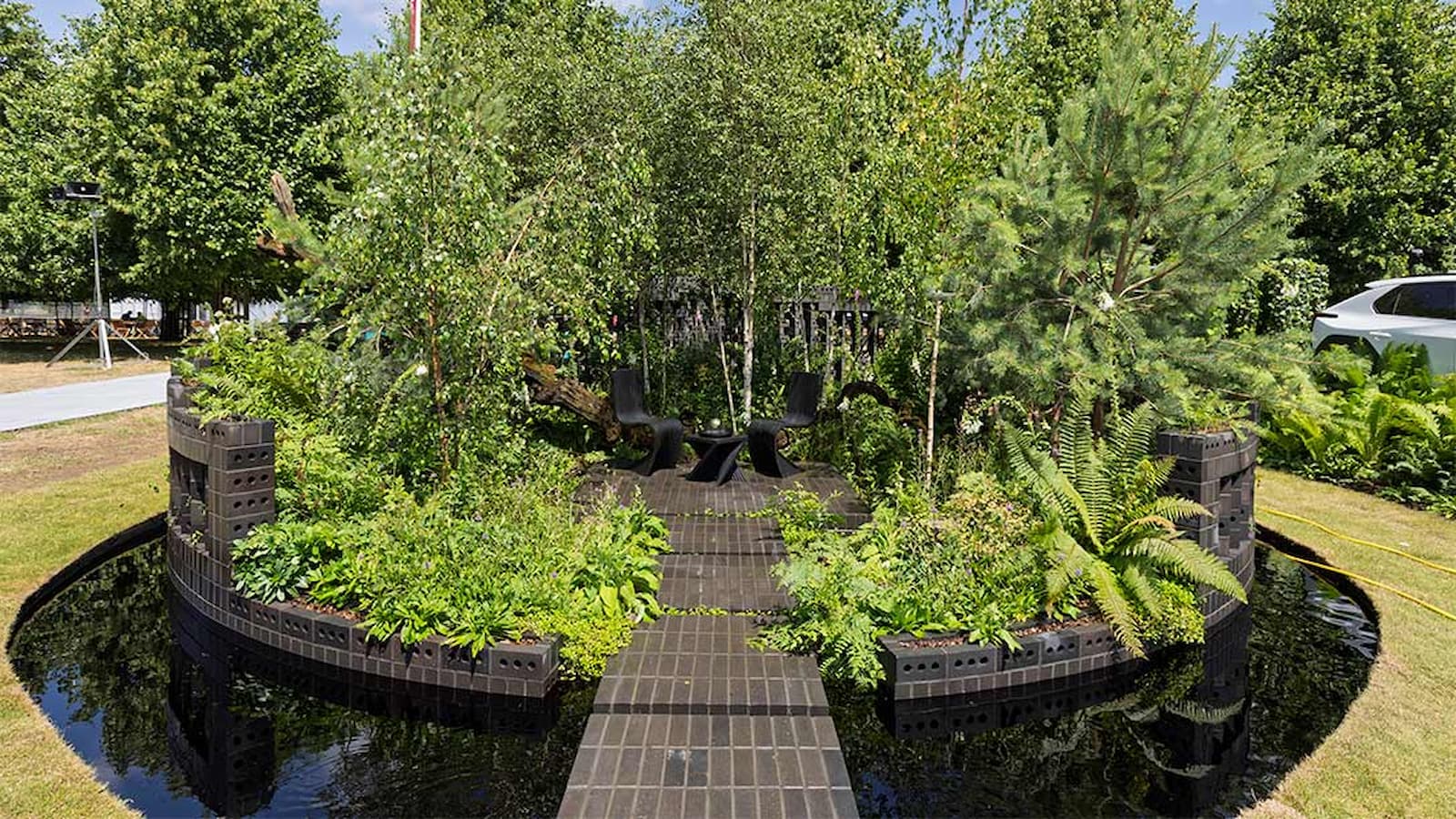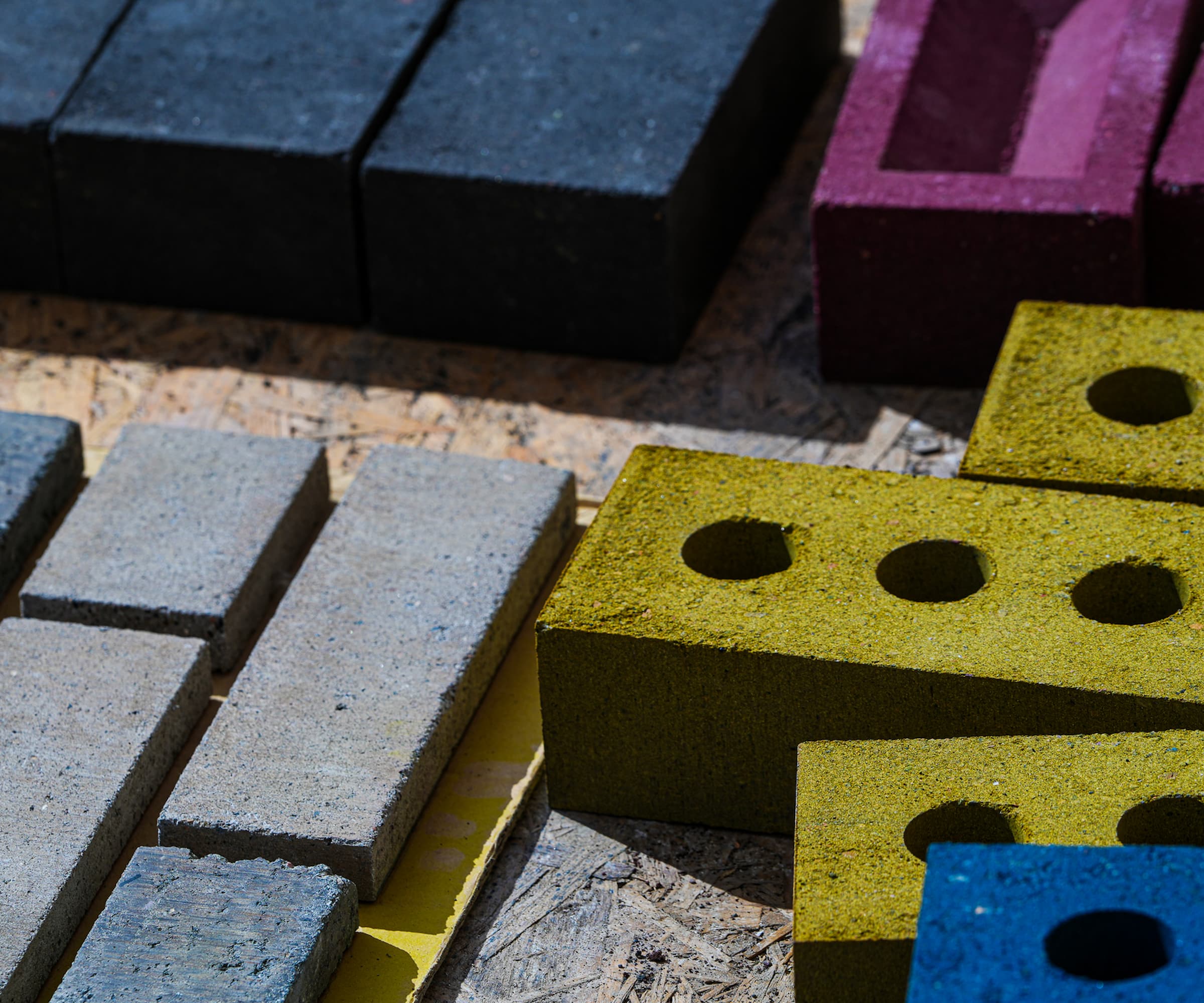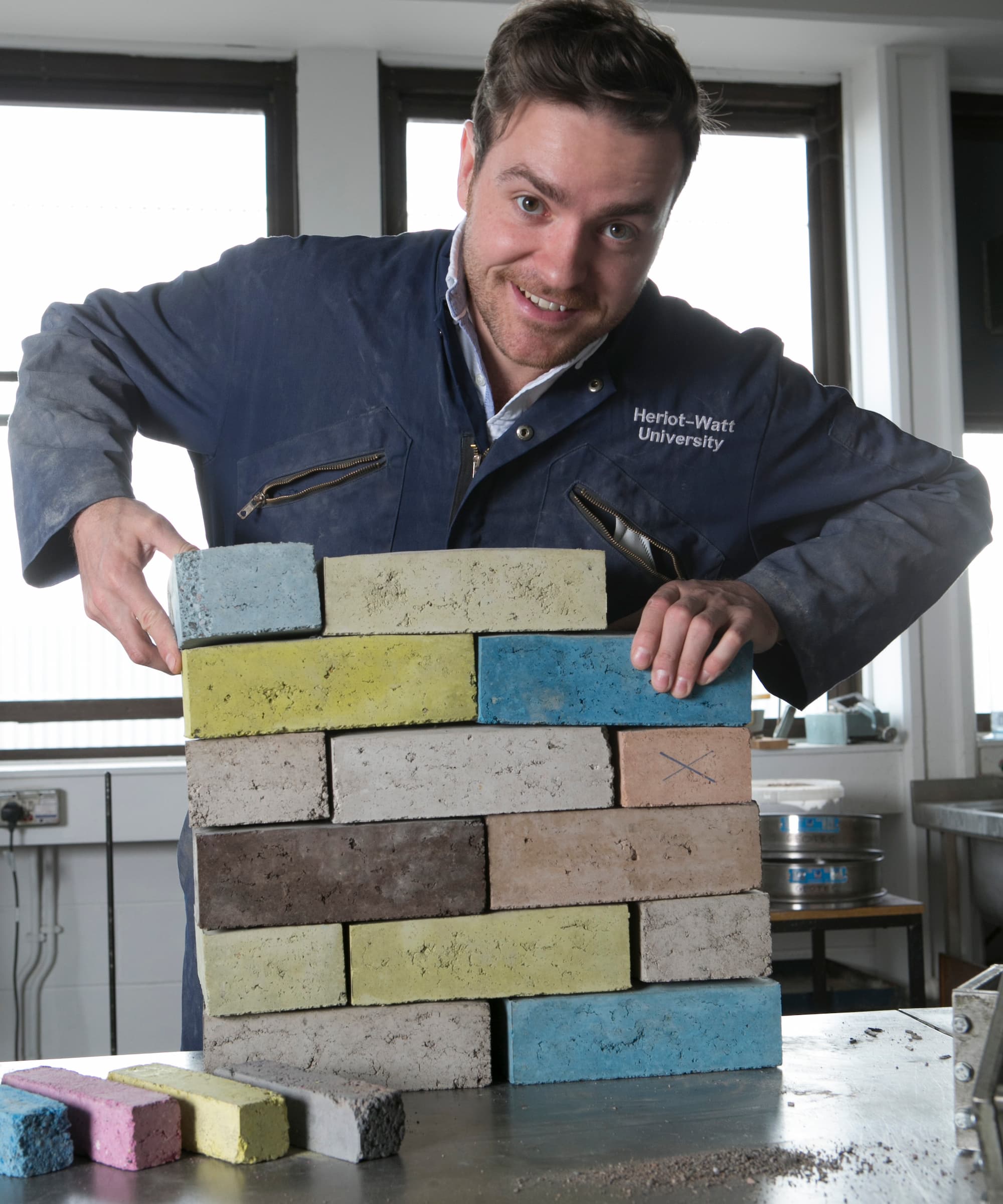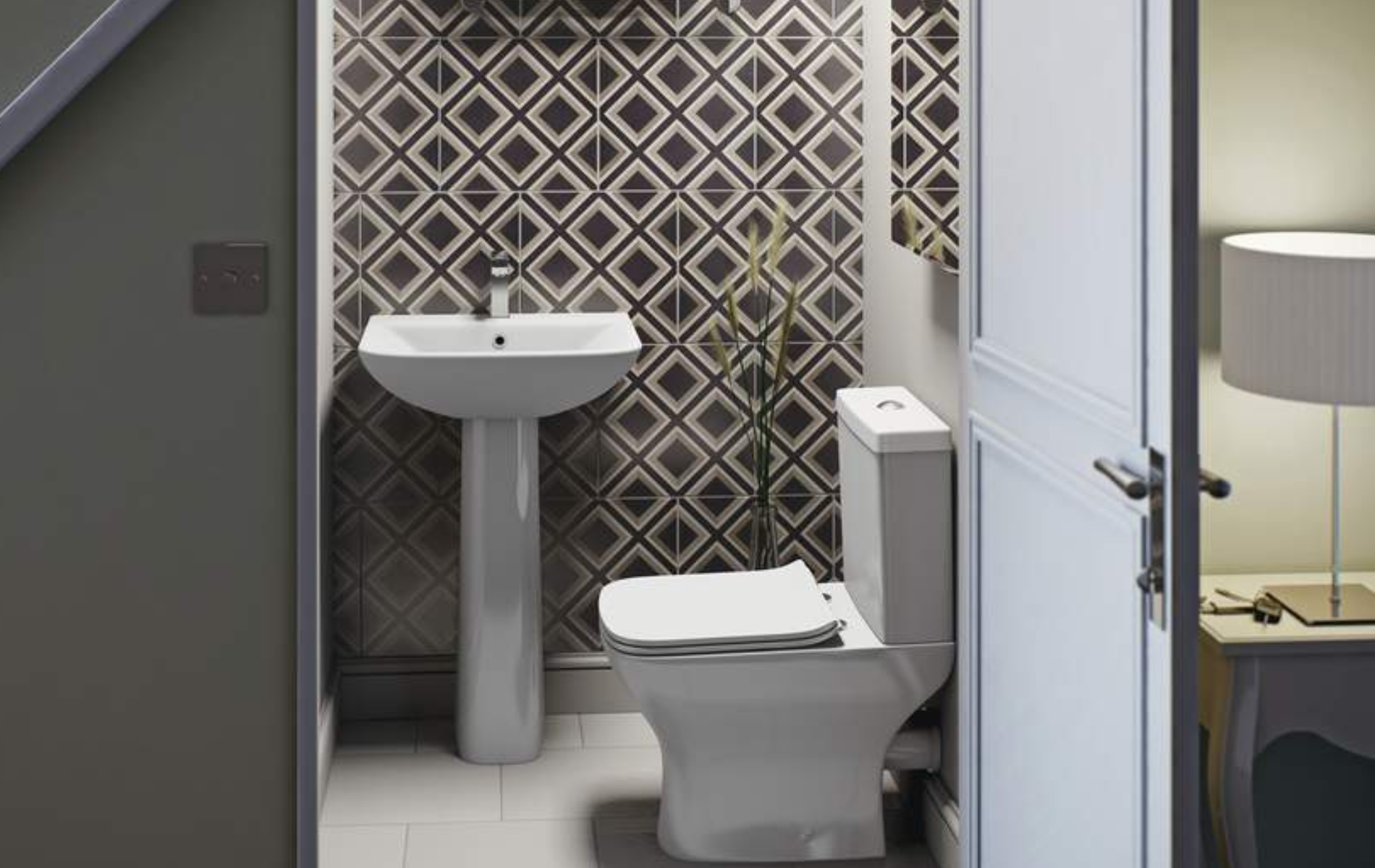Could this Scottish brick win a £1m global prize?
Kenoteq’s recycled K-BRIQ bricks slash carbon emissions by 95%, offering a sustainable solution that could transform global construction

Bring your dream home to life with expert advice, how to guides and design inspiration. Sign up for our newsletter and get two free tickets to a Homebuilding & Renovating Show near you.
You are now subscribed
Your newsletter sign-up was successful
A Scottish company is on the verge of global recognition for transforming construction waste into sustainable bricks.
Kenoteq, based in East Lothian, has developed the K-BRIQ, a revolutionary type of brick made from nearly 100% recycled materials that performs just like traditional clay bricks.
The bricks produce around 95% less carbon emissions, offering a practical solution to one of the construction industry’s biggest environmental challenges.
Now, the company has been nominated for the £1 million Earthshot Prize 2025, putting it among the world’s most promising eco-innovators.
Global recognition for a Scottish innovator

Kenoteq’s Earthshot Prize 2025 nomination comes with backing from global engineering consultancy Arup and the Royal Academy of Engineering.
“Kenoteq is driving real environmental impact by turning construction waste into one of the world’s most sustainable building materials,” says Patrick Woodcock, project manager at the Royal Academy of Engineering.
The winners, each receiving £1 million, will be announced at the Museum of Tomorrow in Rio de Janeiro on 5 November.
Bring your dream home to life with expert advice, how to guides and design inspiration. Sign up for our newsletter and get two free tickets to a Homebuilding & Renovating Show near you.
K-BRIQ: The brick that could transform construction

The K-BRIQ is made from nearly 100% recycled construction waste and is certified by the British Board of Agrément.
“Unlike traditional clay bricks, our K-BRIQs reduce carbon emissions by 95% while performing exactly the same,” said Sam Chapman, co-founder of Kenoteq.
For a standard UK two-bedroom house using 12,000 bricks, switching to K-BRIQs would reduce emissions from 5.46 tonnes to just 0.2 tonnes of CO₂ the equivalent of taking a petrol-powered car off the road for a year.
Scaling a circular economy solution
Kenoteq’s East Lothian facility currently produces two million bricks per year, with plans to double output as demand grows.
Early projects across the UK and Europe – including Scotland’s National Retrofit Centre and Germany’s sustainability-focused hypermarkets – have showcased K-BRIQ’s capabilities.
“Being nominated for the Earthshot Prize is fantastic recognition for our team’s work,” says Chapman. “It proves that the construction industry can build better while building greener.”
With dual international certification already secured and European certification underway, Kenoteq is poised to take its circular economy solution global.
What we know about other nominees
As of now, the full list of Earthshot Prize 2025 nominees has not been publicly disclosed.
The Royal Academy of Engineering has highlighted several Earthshot Prize 2025 nominees, including Kenoteq for its recycled K-BRIQ bricks, Crover and Dr. Lorenzo Conti for a grain-monitoring robot that reduces food waste, and Kybele’s Garden for sustainable algae-based solutions for agrifood and cosmetics.
The five winners will be revealed at the awards ceremony at the Museum of Tomorrow in Rio de Janeiro.

News Editor Joseph has previously written for Today’s Media and Chambers & Partners, focusing on news for conveyancers and industry professionals. Joseph has just started his own self build project, building his own home on his family’s farm with planning permission for a timber frame, three-bedroom house in a one-acre field. The foundation work has already begun and he hopes to have the home built in the next year. Prior to this he renovated his family's home as well as doing several DIY projects, including installing a shower, building sheds, and livestock fences and shelters for the farm’s animals. Outside of homebuilding, Joseph loves rugby and has written for Rugby World, the world’s largest rugby magazine.
